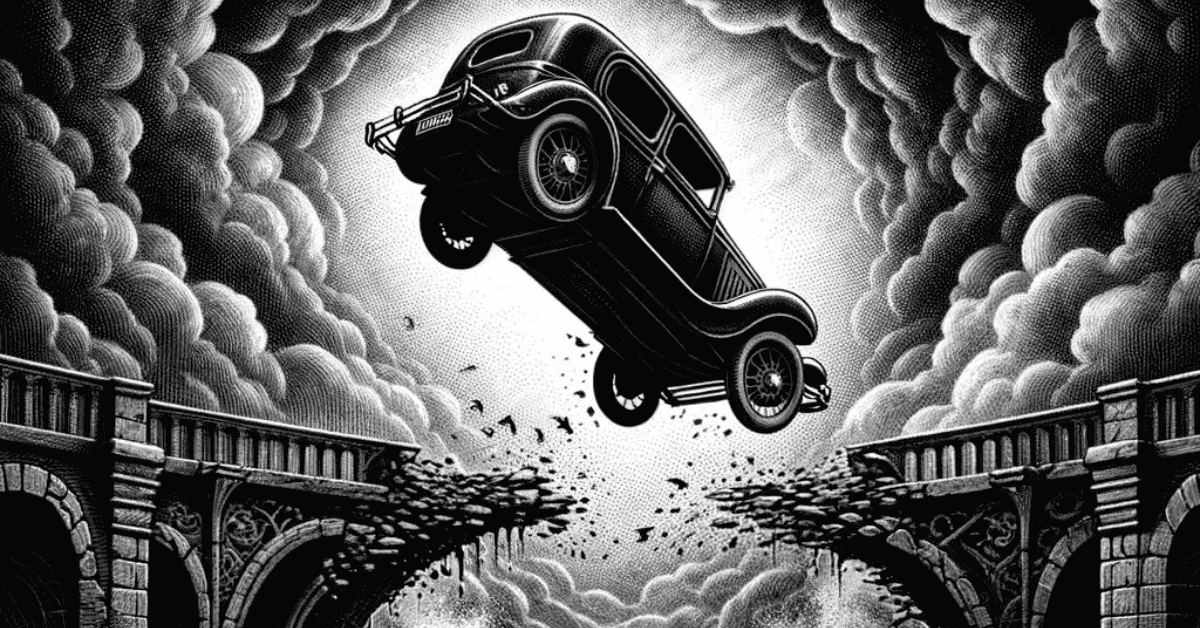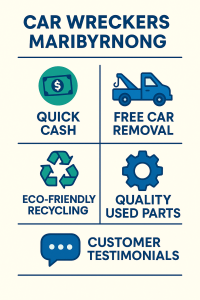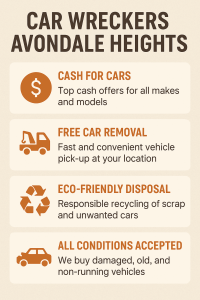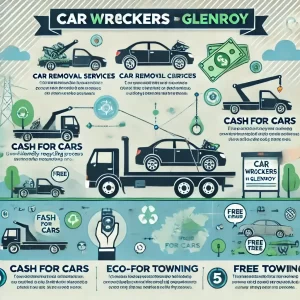Car accidents are a frightening reality for many people, with millions occurring each year around the world. Whether it’s a minor fender-bender or a major collision, the aftermath of a car wreck can be overwhelming. In this article, we’ll explore what constitutes a car wreck, its causes, and the steps to take in the event of an accident.
What Constitutes a Car Wreck?
A car wreck, often called a car accident or collision, occurs when a vehicle collides with another object, vehicle, pedestrian, or animal. These incidents can range from minor scrapes to catastrophic collisions, resulting in severe injuries or fatalities.
Frequency and Impact of Car Accidents
Car accidents are unfortunately common occurrences, with millions happening worldwide each year. Beyond the physical damage to vehicles, car wrecks can have a significant impact on individuals’ lives, causing bodily injuries, emotional trauma, and financial strain.
Understanding the Causes
Human Error
One of the leading causes of car wrecks is human error. This can include reckless driving, speeding, running red lights, and failing to yield. Even momentary lapses in judgment or concentration can lead to devastating accidents.
Distracted Driving
With the rise of smartphones and other electronic devices, distracted driving has become a significant road concern. Texting, talking on the phone, and using navigation systems can divert a driver’s attention from the road, increasing the risk of accidents.
Weather Conditions
Weather conditions like rain, snow, ice, and fog can create hazardous driving conditions, reducing visibility and traction. Drivers who fail to adjust their speed and driving behaviour accordingly are more likely to be involved in accidents during adverse weather.
The Aftermath of a Car Wreck
Physical Injuries
Car wrecks can result in a wide range of injuries, from minor cuts and bruises to severe trauma, such as broken bones, spinal cord injuries, and traumatic brain injuries (TBI). These injuries may require immediate medical attention and long-term rehabilitation.
Emotional Trauma
In addition to physical injuries, car wrecks can also cause significant emotional trauma for those involved. Feelings of shock, fear, anxiety, and depression are common reactions to traumatic events, and it’s essential to seek support to cope with these emotions.
Steps to Take After a Car Wreck
Ensure Safety
The priority after a car wreck is to ensure the safety of everyone involved. Move to a safe location if possible and check for injuries. Call emergency services immediately if anyone is hurt or if there is significant damage to vehicles.
Contact Authorities
It’s crucial to report the accident to the police, even if it seems minor. A police report can provide valuable documentation for insurance claims and legal proceedings.
Exchange Information
Exchange contact and insurance information with the other parties involved in the accident. This includes names, addresses, phone numbers, license plate numbers, and insurance policy details.
Legal Considerations
Insurance Claims
After a car wreck, you’ll need to file a claim with your insurance company to cover the cost of damages and injuries. Be prepared to provide detailed information about the accident, including photos, witness statements, and medical records.
Seeking Legal Advice
Suppose you’re facing challenges with your insurance claim or considering legal action against the responsible party. In that case, seeking legal advice from a qualified attorney specializing in personal injury law is essential.
Repairing Your Car
Assessing Damage
Before getting your car repaired, thoroughly inspect it by a qualified mechanic or body shop. They can assess the extent of the damage and provide an estimate for repairs.
Choosing a Repair Shop
Select a reputable repair shop to handle the repairs to your vehicle. When deciding, consider factors such as experience, certifications, warranties, and customer reviews.
Dealing with Insurance Companies
Filing a Claim
When filing a claim with your insurance company, be honest and provide all relevant information about the accident. Keep detailed records of all communication and paperwork related to your claim.
Negotiating Settlements
Insurance companies may offer a settlement to resolve your claim. Reviewing any offers carefully and considering consulting with a legal advisor before accepting or negotiating a settlement is essential.
Coping with the Emotional Impact
Seeking Support
Don’t hesitate to reach out for support from friends, family, or mental health professionals if you’re struggling to cope with the emotional aftermath of a car wreck. Talking about your experiences and feelings can help you process and heal.
Therapy Options
Therapy options such as counselling, support groups, and trauma-focused therapy can be beneficial for individuals dealing with post-traumatic stress disorder (PTSD) or other mental health challenges after a car wreck.
FAQs
After ensuring everyone’s safety, contact the authorities, exchange information with the other parties involved, and document the accident scene.
How long must I file an insurance claim after a car wreck?
The timeframe for filing an insurance claim varies depending on your insurance company and policy terms. It’s best to file your claim immediately after the accident.
Do I need to hire a lawyer after a car wreck?
While hiring a lawyer is not always necessary, consulting with one can help you understand your rights and options for pursuing compensation for damages and injuries.
Will my insurance rates go up after a car wreck?
Whether or not your insurance rates increase after a car wreck depends on several factors, including the accident’s severity, driving history, and the insurance company’s policies.
How can I prevent car wrecks in the future?
Practicing safe driving habits, avoiding distractions, obeying traffic laws, and maintaining your vehicle can help reduce the risk of car accidents.
Conclusion
A car wreck can be a traumatic and overwhelming experience, but it’s essential to remember that you’re not alone. By understanding the causes of accidents, knowing what steps to take after a wreck, and seeking support when needed, you can navigate the aftermath and confidently move forward.







